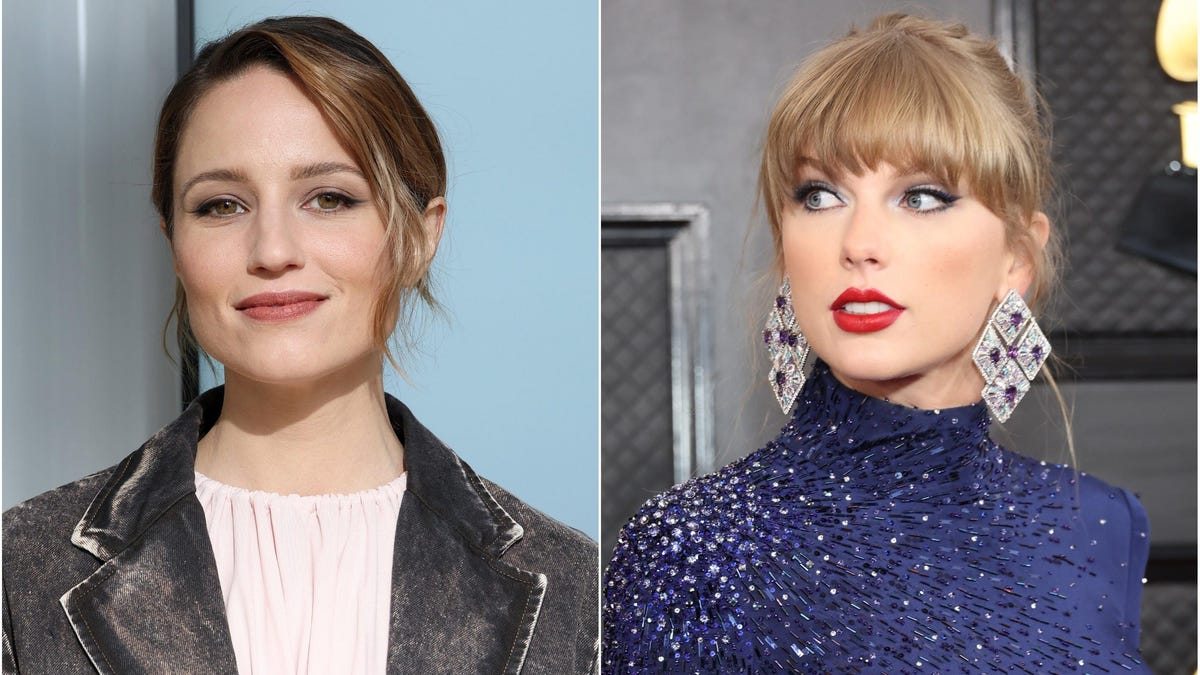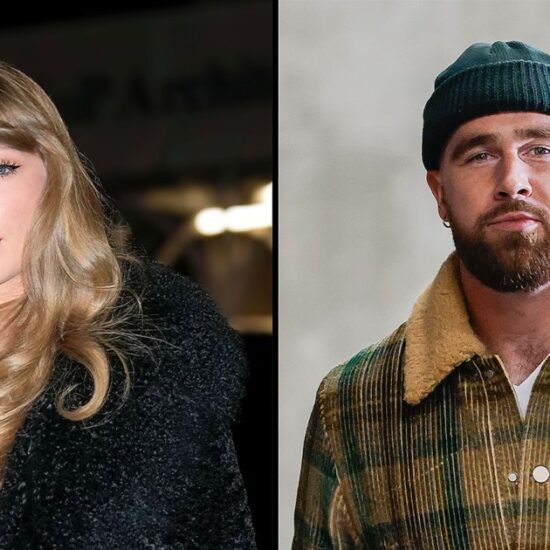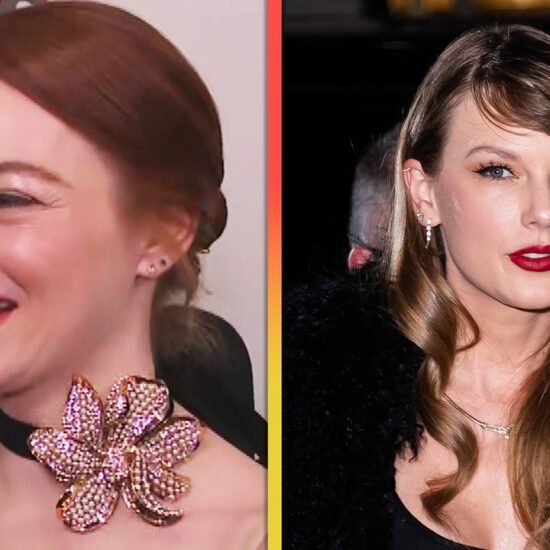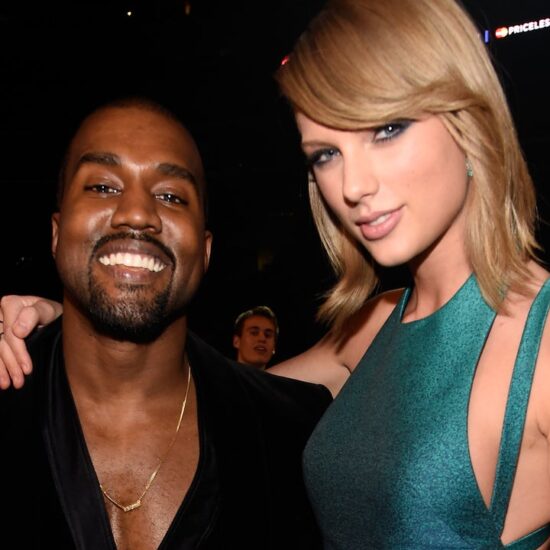
In the age of the Internet, is there such a thing as a “safe space”? Any words we post online can be dissected and interrogated; our images can be shared and widely disseminated without our consent. Social media has leveled the playing field such that these perils of public life can happen equally to celebrities and civilians alike. In the case of Dianna Agron’s recent interview regarding Taylor Swift, this type of invasion of privacy happened to both.
After discussing Swift’s single “22,” Rolling Stone asked Agron how she felt about the way their friendship was covered in the media. “You two were shipped,” says writer Marlow Stern. “Shipped?” Agron questions. Upon explaining the term (“You two were made out by the media and some fans to be in a relationship”), Agron responds, “That is so interesting. I… I mean, there have been many stories about my dating life that are so wildly untrue. That’s funny.”
Contrary to how it might sound, this isn’t the first time Agron has been confronted with speculation on her relationship with Taylor Swift. She was induced to say no, she wasn’t actually dating Swift, during an appearance on Jimmy Kimmel Live! more than 10 years ago, and that was when the duo was still hanging out in the public eye. The price of celebrity often seems to mean, to a certain degree, giving up a measure of one’s personal life. Still, we can acknowledge the discomfort of still being asked about a relationship, whatever the nature of that relationship may be, a decade after that relationship dissolved.
And if that seems uncomfortable, imagine being the innocent “Swiftgron” shipper whose fan hobby is being publicized in such a manner. There’s nothing inherently wrong with “shipping,” be it gay or straight. That’s existed in some form for as long as fandom has existed, from fictional characters to real-life figures. (One popular portmanteau for Beatles fans is “McLennon.”) Fans can most certainly be guilty of invading their idols’ privacy (parasocial relationships and the unearned sense of ownership some fans have over celebrities is a subject for another time), but fandom has historically been a relatively private niche wherein fans could engage with a like-minded community.
Nowadays, we simply have too much access to each other, and what once remained safely in its niche can now be trotted out as content for cheap laughs. Fandom behavior like shipping is propped up as lurid and strange, even if the people doing the shipping never intended for it to reach the ship-ees. Celebrities are made to read their own fanfiction for our entertainment, the subtext of such an activity seemingly how odd it is that someone should have written the story at all. (See this Niall Horan video as an example: it’s specifically billed as making the ex-1D star “cringe” as he reads “embarrassing fanfiction about himself.”) Never mind that the celebrity, despite being its subject, was never the intended audience for that story.
The lines of fandom have been irreversibly blurred, and the ecosystem between fans and the person they’re fans of is completely unbalanced. Celebrities and fans always had a symbiotic relationship, but the Internet has locked us all in a constant feedback loop. If you post it on Twitter, it can turn into a multi-part late night bit. If you mention it in passing in an interview, it can become the subject of blogs the world over. The fanfiction you posted anonymously is not safe from scrutiny. The friendship you ended 10 years ago is still on the table.
The Internet is a public forum, and what’s on the Internet is forever. Unless we collectively agree on some rules of respect, everything is fair game for everybody. Maybe there’s no shoving this particular genie back in the bottle, but if this new era is invasive to all, perhaps we can give each other similar amounts of grace. The lines between celebrity and fan may be blurred now, but we can re-draw them if we choose.













